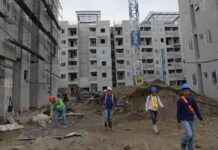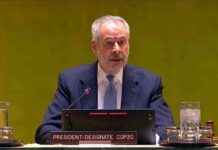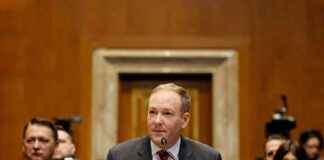Carbon Footprint of the Super-Rich in 2025: Analysis and Implications
The world’s wealthiest individuals are facing heightened scrutiny for their significant carbon footprint, as new research by international NGO Oxfam reveals alarming statistics. Oxfam’s data indicates that the top 1% of earners worldwide, totaling 77 million people with an annual income of $310,000 or more, are responsible for emitting 2.1 tons of carbon dioxide in just ten days. In stark contrast, it takes the poorest 50% of the global population nearly three years to reach the same level of pollution.
Billionaires Tax and Global Initiatives
As concerns about climate change intensify, calls to tax billionaires to finance climate action have gained traction. Last year, during Brazil’s G20 presidency, a proposal was put forth urging governments to tax billionaires at least 2% of their wealth. This initiative, if implemented, could generate a substantial $250 billion annually to address poverty, hunger, and environmental challenges.
Leaders at the G20 summit in Rio De Janeiro expressed a commitment to collaboratively address the taxation of ultra-high-net-worth individuals. The proposal received positive feedback from various nations, including France, South Africa, and Spain, signaling a shift in the global discourse on funding climate initiatives.
Solidarity Levies and COP30 Summit
In a bid to upscale financial support for climate projects, the Brazilian government, in partnership with Azerbaijan, is spearheading the Baku to Belem roadmap. This initiative aims to explore innovative financing mechanisms, such as levies on the super-rich and highly polluting sectors of the economy. Additionally, a Global Solidarity Levies Taskforce led by France, Kenya, and Barbados is examining various measures, including taxes on shipping, private air travel, fossil fuels, and financial transactions.
Looking ahead, working groups will be established for each proposal by March 2025, with preliminary impact assessments scheduled for April. The task force aims to secure commitment from countries to implement these measures by COP30, emphasizing the urgent need for collective action to combat climate change and foster sustainable development.
Expert Insights and Urgent Call to Action
Friederike Roder, director of the Global Solidarity Levies Taskforce secretariat, underscored the importance of equitable contributions from the wealthy to address climate challenges, particularly in vulnerable nations. She emphasized the critical need for immediate action to secure a more sustainable future for all.
As we navigate the complexities of climate change and environmental degradation, it is imperative that we hold those with the greatest resources accountable for their impact on the planet. By implementing measures like the billionaires tax and solidarity levies, we can pave the way for a more equitable and environmentally conscious global economy. Let us seize this opportunity to make a meaningful difference and safeguard the future of our planet for generations to come.














